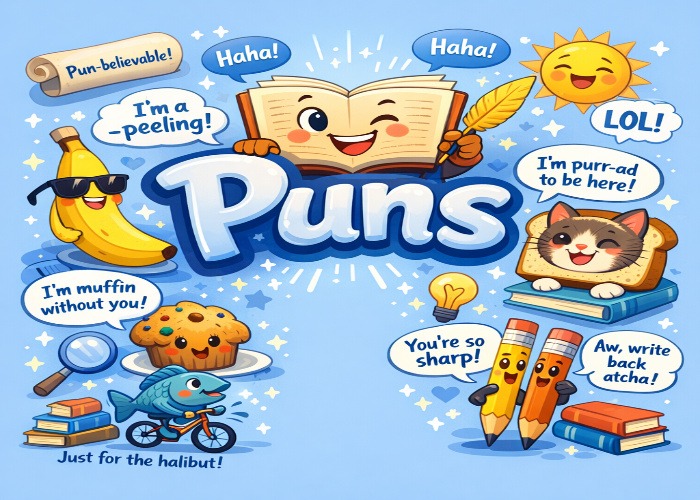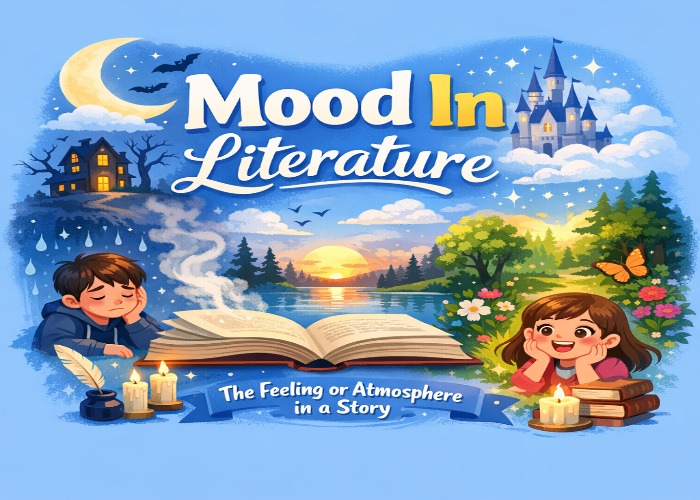What is Hyperbole?
Hyperbole is deliberate, extreme exaggeration for emphasis or effect. No one believes the literal statement; the exaggeration makes the point.
The quick test: If you wouldn't believe it literally but understand the feeling behind it, that's hyperbole.
Examples:
- "I'm so hungry I could eat a horse"
- "This backpack weighs a ton"
- "I've told you a million times"
What's NOT hyperbole:
- Lies (intended to deceive)
- Mistakes (accidental overstatement)
- Metaphor (comparison without exaggeration)
Types of Hyperbole
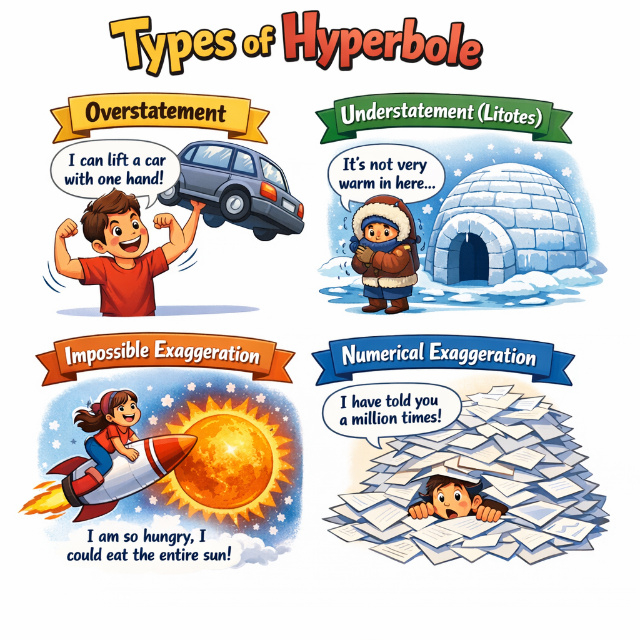
Overstatement
Claiming something is more significant than it is.
Example: "This essay will take forever to write" (really means several hours).
When to use: Expressing frustration, emphasizing difficulty.
Understatement (Litotes)
The opposite, downplaying for effect (technically not hyperbole, but related).
Example: "I'm not exactly a genius" (meaning "I'm quite foolish").
Contrast: Where hyperbole amplifies, understatement minimizes for ironic effect.
Impossible Exaggeration
Physically impossible scenarios for emphasis.
Example: "I could sleep for a thousand years" (humans live 80 years).
Why it works: The impossibility itself emphasizes the feeling.
Numerical Exaggeration
Using inflated numbers.
Example: "I've told you a million times" (really means 5-10 times).
Why it works: Big numbers emphasize repetition and frustration.
How to Use Hyperbole Effectively
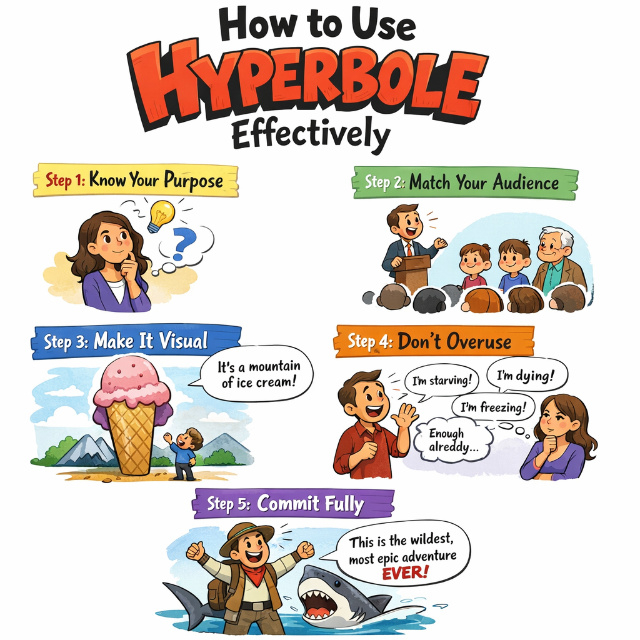
Step 1: Know Your Purpose
Why are you exaggerating? Humor? Emphasis? Emotional impact?
Example:
- For humor: "I'm so hungry I could eat everything in this restaurant twice"
- For emphasis: "This discovery will change how we understand the universe"
Step 2: Match Your Audience
Academic writing: Minimal hyperbole
Creative writing: Strategic hyperbole
Comedy: Abundant hyperbole
Step 3: Make It Visual
The best hyperbole creates images.
Weak: "I'm very tired"
Strong: "I'm so tired I could sleep on a bed of nails"
The second creates a picture.
Step 4: Don't Overuse
Constant exaggeration dilutes impact.
Too much: "Everything was amazing! The most incredible day ever! I literally died!"
Balanced: "Best concert I've been to in years. The energy was incredible."
Step 5: Commit Fully
Tentative hyperbole fails.
Weak: "It was kind of like a million degrees"
Strong: "It was a million degrees out there"
Confidence sells the exaggeration.
Hyperbole vs Related Devices
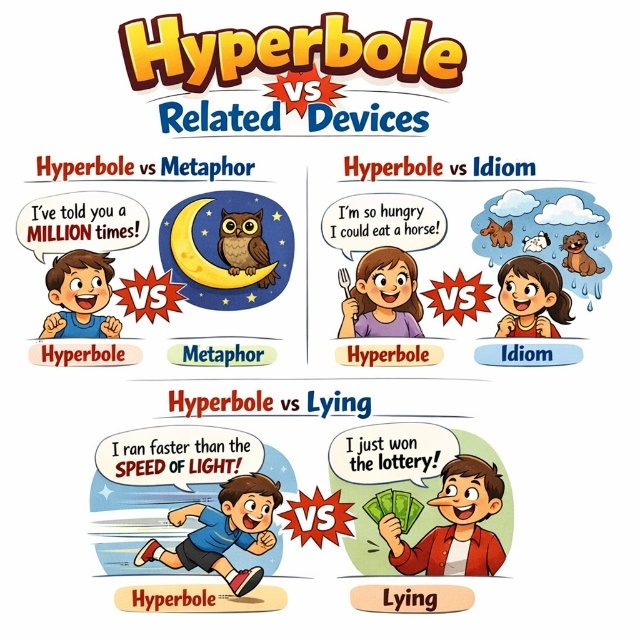
Hyperbole vs Metaphor
Hyperbole: Exaggeration ("I'm so hungry I could eat a horse")
Metaphor: Comparison ("I'm a bottomless pit")
Key difference: Hyperbole amplifies; metaphor compares.
Hyperbole vs Idiom
Hyperbole: Deliberate exaggeration for effect
Idiom: Fixed expression with figurative meaning
Example:
- Hyperbole: "I'm dying of boredom" (exaggerated feeling)
- Idiom: "Kick the bucket" (figurative meaning for death)
The overlap: Some idioms contain hyperbole ("scared to death"), but not all hyperbole is idiomatic.
Hyperbole vs Lying
Hyperbole: Obviously untrue, not intended to deceive
Lying: Intended to deceive
Example:
- Hyperbole: "I've been waiting forever" (both parties know it's been 15 minutes)
- Lying: "I've been waiting for two hours" (claiming 2 hours when it's been 15 minutes)
Intent matters: Hyperbole exaggerates openly; lies hide the truth.
Hyperbole Examples from Everyday Speech
People use hyperbole constantly without realizing it.
Common Exaggerated Phrases
About time:
- "I've been waiting forever"
- "That took ages"
- "I'll be there in a second"
Example: "I've been waiting forever" really means 20 minutes, but the exaggeration emphasizes frustration.
About quantity:
- "I have a million things to do"
- "I've told you a thousand times"
- "There were like a billion people there"
Example: "A million things to do" might mean 12 tasks, but hyperbole conveys feeling overwhelmed.
About hunger/thirst:
- "I'm starving"
- "I'm dying of thirst"
- "I could eat a horse"
Example: "I'm starving" from someone who ate 4 hours ago. The exaggeration emphasizes hunger intensity, not actual starvation.
About tiredness:
- "I'm so tired I could sleep for a year"
- "I'm dead tired"
- "I'm exhausted to death"
Example: "I could sleep for a year" means "I'm very tired," but the exaggeration makes it more vivid.
About temperature:
- "It's a million degrees outside"
- "I'm freezing to death"
- "It's hotter than the sun"
Example: "It's a million degrees" might mean 95°F, but hyperbole emphasizes discomfort.
Why We Use Everyday Hyperbole
Exaggeration makes feelings concrete. "I'm frustrated" is abstract. "I've told you a million times" gives the frustration weight and history.
NEED TO MAKE A POINT IMPOSSIBLE TO IGNORE?
Our experts wield hyperbole to amplify your message with memorable, impactful exaggeration.
- Crafting exaggerated statements for speeches, ads, or creative writing
- Balancing humor and emphasis without losing your core message
- Making your key points stick in your audience’s mind
- Amplified Messaging Service
Don't just state emphasize, entertain, and persuade with expert exaggeration.
Order NowHyperbole Examples from Literature
Writers use exaggeration for emphasis, humor, and emotional impact.
Classic Literature
"Old Times on the Mississippi" by Mark Twain: "I was quaking from head to foot, and I could have hung my hat on my eyes, they stuck out so far."
Why it works: The image of eyes protruding enough to hang a hat on them exaggerates fear to absurd, humorous levels.
"Macbeth" by Shakespeare: "Will all great Neptune's ocean wash this blood clean from my hand? No, this my hand will rather the multitudinous seas incarnadine, making the green one red."
Why it works: Macbeth says his guilt is so great that his bloody hand would turn all the oceans red. The exaggeration shows psychological torment.
"The Adventures of Huckleberry Finn" by Mark Twain: "She was so mad she could have bitten a nail in two."
Why it works: Physical impossibility emphasizes anger intensity more effectively than "she was very angry."
"Romeo and Juliet" by Shakespeare: "O, she doth teach the torches to burn bright!"
Why it works: Juliet can't literally teach fire how to burn, but Romeo's hyperbole expresses how she outshines everything.
Modern Literature
"The Fault in Our Stars" by John Green: "I am so sorry. I can't even tell you. I'm not going to be able to function if you don't forgive me."
Why it works: "Not going to be able to function" exaggerates the stakes to show how desperately the character needs forgiveness.
"The Catcher in the Rye" by J.D. Salinger: "I have about fifty cents left. I'm not kidding. I'm dead broke."
Why it works: "Dead broke" when you have 50 cents is hyperbolic, but it captures Holden's teenage perspective where 50 cents feels like nothing.
"To Kill a Mockingbird" by Harper Lee: "People moved slowly then. There was no hurry, for there was nowhere to go, nothing to buy, and no money to buy it with."
Why it works: "Nowhere to go, nothing to buy" exaggerates small town life to emphasize Depression era stagnation.
Hyperbole Examples from Poetry
Poets use exaggeration to intensify emotion and create memorable images.
Classic Poetry
"To His Coy Mistress" by Andrew Marvell: "An hundred years should go to praise thine eyes and on thy forehead gaze; Two hundred to adore each breast, but thirty thousand to the rest."
Why it works: Marvell exaggerates the time needed to properly admire his lover humor masks the seduction attempt.
"The Raven" by Edgar Allan Poe: "And his eyes have all the seeming of a demon's that is dreaming."
Why it works: A bird can't have demon eyes, but the exaggeration conveys the narrator's deteriorating mental state.
"I Wandered Lonely as a Cloud" by William Wordsworth: "Ten thousand saw I at a glance."
Why it works: Wordsworth didn't count 10,000 daffodils. The exaggeration expresses abundance and overwhelming beauty.
Modern Poetry
"One Art" by Elizabeth Bishop: "I lost two cities, lovely ones. And, vaster, some realms I owned, two rivers, a continent."
Why it works: You can't literally lose cities or your own continents. Bishop exaggerates loss to show how grief feels unlimited.
Hyperbole Examples in Advertising
Marketers use hyperbole to make products memorable and desirable.
Product Claims
Food & Drink:
- "The best part of waking up is Folgers in your cup"
- "Nothing runs like a Deere" (John Deere)
- "Red Bull gives you wings"
- "So easy a caveman could do it" (Geico)
Why it works: "Best part" and "gives you wings" exaggerate benefits, making products feel transformative rather than ordinary.
Technology:
- "The fastest phone on the planet"
- "Revolutionary technology"
- "This changes everything"
- "The ultimate experience"
Why it works: Tech advances quickly. Hyperbole positions products as game changers rather than incremental improvements.
Retail:
- "Prices so low, it's crazy!"
- "The sale of the century"
- "Everything must go!"
- "Unbeatable deals"
Why it works: Creates urgency. "Sale of the century" happens monthly, but the exaggeration drives impulse buying.
Why Advertising Loves Hyperbole
Exaggeration cuts through noise. In a world of competing claims, moderate language disappears. "Pretty good coffee" doesn't sell. "The best part of waking up" does.
Hyperbole Examples from Comedy
Comedians build careers on exaggeration.
Stand Up Comedy
Observational hyperbole:
- "My apartment is so small, the mice are hunchbacked"
- "Traffic was so bad, I aged 10 years getting here"
- "My phone is so old, it gets its messages by carrier pigeon"
Why it works: The absurd exaggeration surprises audiences. The impossibility is the joke.
Self deprecating hyperbole:
- "I'm so broke, I can't even pay attention"
- "I'm so out of shape, I get winded opening emails"
- "I'm such a bad cook, smoke alarms cheer when I order takeout"
Why it works: Exaggerating personal flaws creates humor without real vulnerability.
Sitcom Hyperbole
Example from "Friends": "Could I BE wearing any more clothes?" (Joey in all of Chandler's clothes)
Why it works: "BE" emphasis plus physical impossibility Joey can barely move but asks if he could wear more.
Example from "The Office": "I am Beyoncé, always." (Michael Scott)
Why it works: Michael's delusional hyperbole reveals his character; he genuinely believes his own exaggerations.
HYPERBOLE ANALYSIS DUE AND YOU'RE OVERWHELMED?
Get fast, expert help identifying and analyzing exaggeration in your text before the deadline.
- Quick identification of hyperbolic devices and their intent
- Clear explanations for your essay or presentation
- Formatted insights for last-minute integration
- Urgent Stylistic Analysis
Understand the art of overstatement quickly and ace your assignment.
Order NowWhen Hyperbole Works vs When It Fails
When Exaggeration Creates Impact
Emphasizing strong emotions:
- "My heart shattered into a million pieces"
- Better than: "I felt sad"
Creating humor:
- "I laughed so hard, I nearly died"
- Better than: "I laughed"
Making vivid images:
- "The mountain touched the sky"
- Better than: "The mountain was tall"
When Hyperbole Undermines Credibility
Academic writing:
- "This is literally the most important discovery ever"
- Problem: Sounds unprofessional, unsubstantiated
Overuse in casual speech:
- "Everything is amazing/terrible/the worst"
- Problem: Words lose meaning through constant exaggeration
Serious news reporting:
- "The storm of the century" (used every year)
- Problem: Exaggeration causes people to ignore real warnings
Common Hyperbole Mistakes
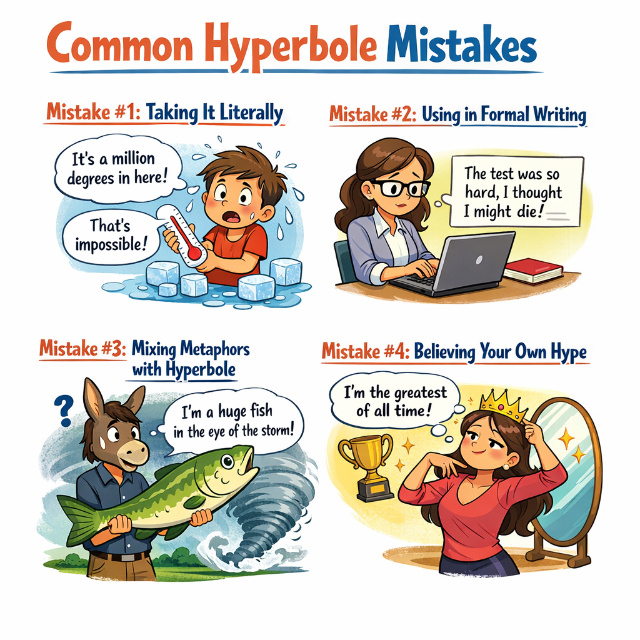
Mistake #1: Taking It Literally
When someone says "I'm starving," offering medical assistance misses the point.
Solution: Recognize hyperbole as an emotional expression, not a factual claim.
Mistake #2: Using in Formal Writing
Academic papers shouldn't claim "This is the most important issue humanity has ever faced."
Solution: Save hyperbole for creative or informal contexts.
Mistake #3: Mixing Metaphors with Hyperbole
Confusing: "I'm so hungry I could eat a horse and I'm a bottomless pit"
Clearer: Pick one device. Either exaggerate OR use metaphor, not both simultaneously.
Mistake #4: Believing Your Own Hype
Problem: "This is literally the best thing ever" becomes meaningless if you say it about everything.
Solution: Reserve extreme exaggeration for genuinely extreme situations.
Writing about how hyperbole creates emotional impact? Our professional essay writing service provides an analysis showing exactly how exaggeration shapes meaning.
Downloadable Resource
Download this comprehensive hyperbole guidebook to master the art of exaggeration for effect. This fillable workbook provides identification exercises, creation templates, ethical frameworks, and practical applications across personal, professional, and cultural communication contexts.
GIVING A SPEECH THAT NEEDS TO LAND WITH IMPACT?
We craft hyperbolic phrases that add humor, emphasis, and emotional resonance to your delivery.
- Exaggerated metaphors and examples that drive your point home
- Balancing factual content with memorable, impactful language
- Ensuring your key takeaways are unforgettable
- Speech Impact Amplification
Leave your audience entertained, moved, and convinced.
Order NowThe Bottom Line
Hyperbole amplifies reality to make a point. By exaggerating beyond belief, it emphasizes feelings, creates humor, and makes language memorable.
The best hyperbole balances absurdity with truth, obviously impossible, but emotionally accurate. "I'm so hungry I could eat a horse" isn't literally true, but it captures the desperation of hunger perfectly.
Master hyperbole, and you master emphasis. Use it strategically, commit fully, and know when to dial it back.
Want more figurative language? Explore our complete literary devices guide with examples.
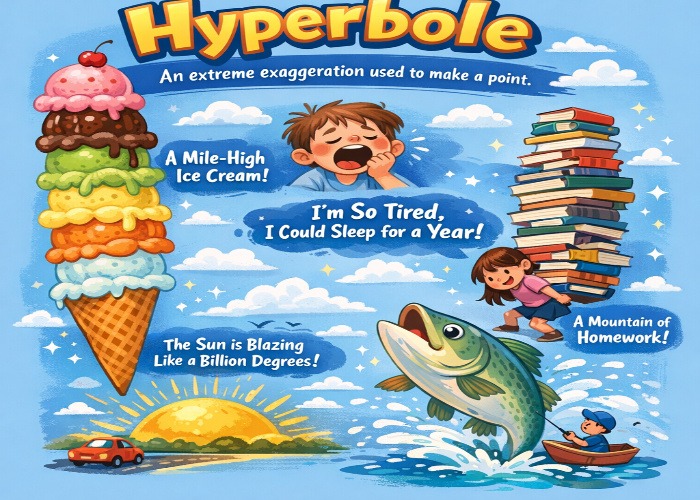

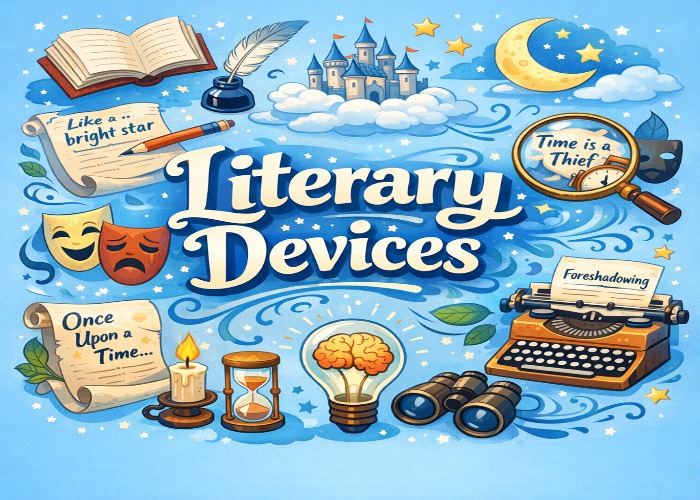
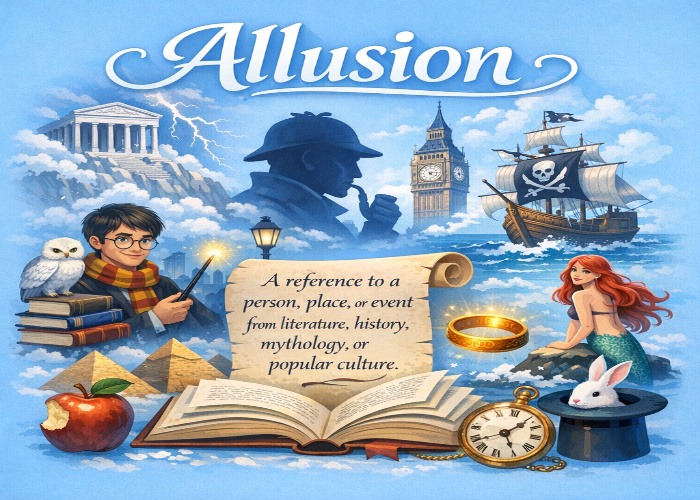
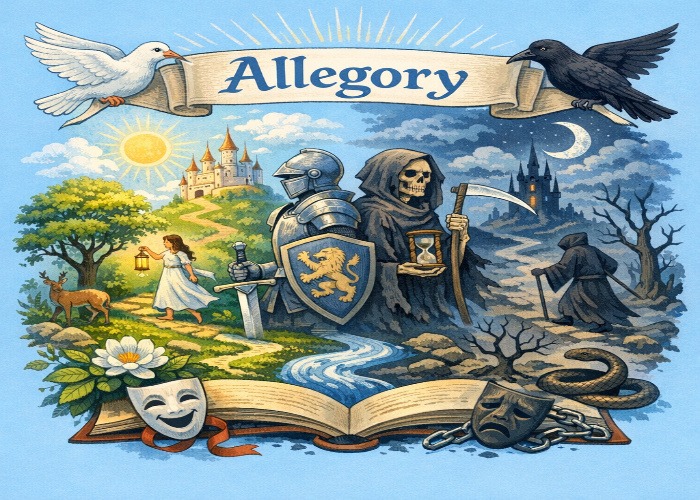
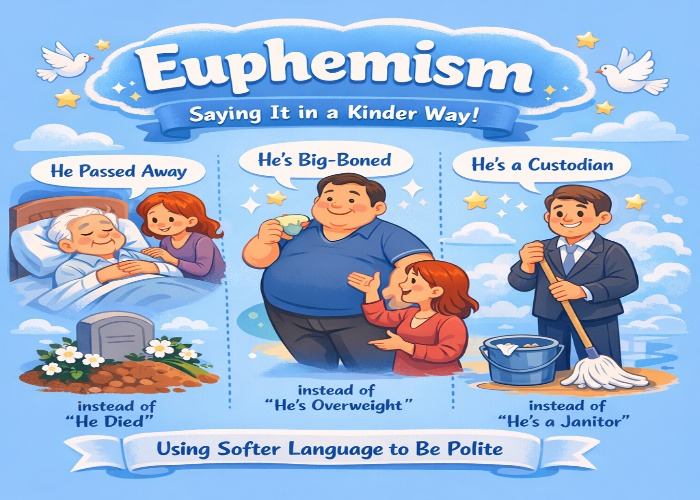
-19964.jpg)
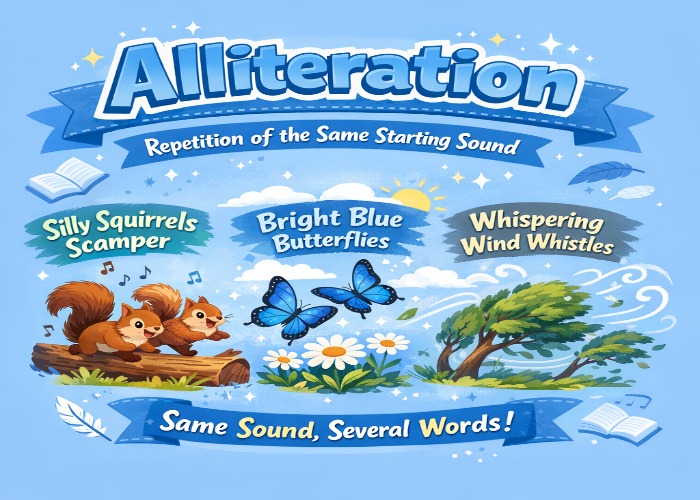
-20128.jpg)
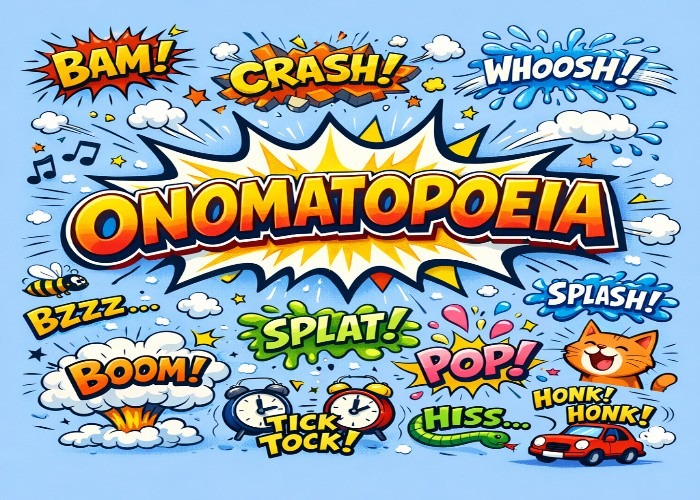
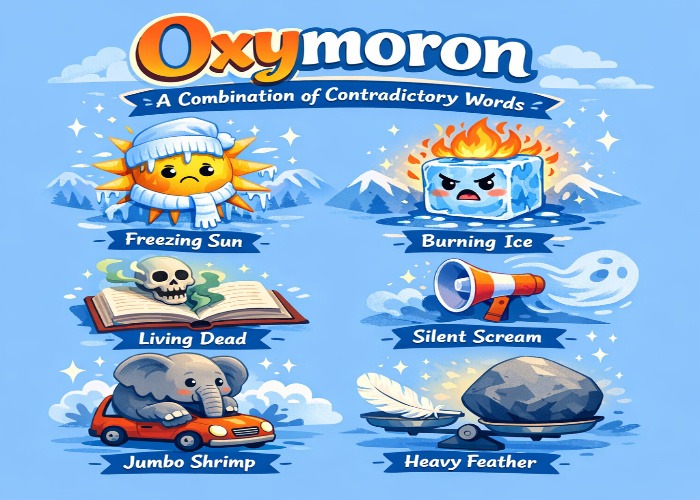
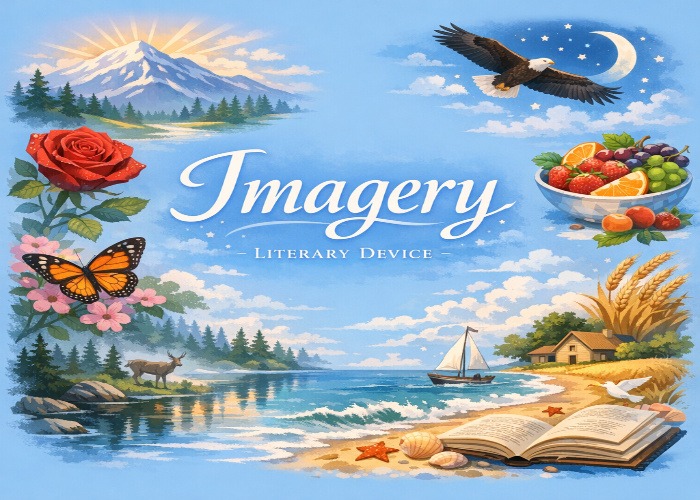
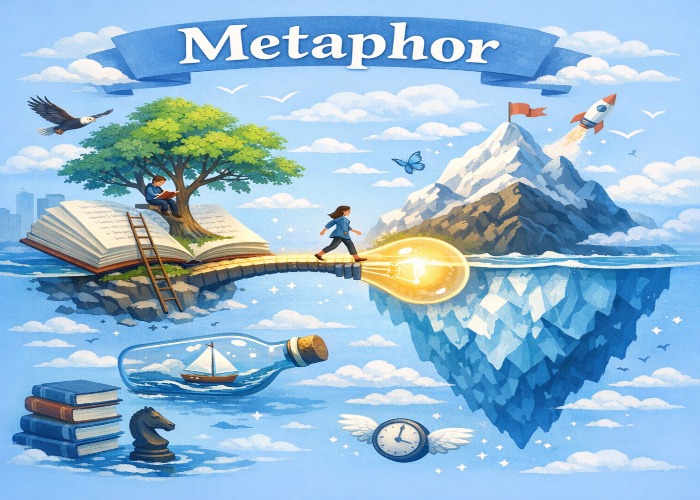
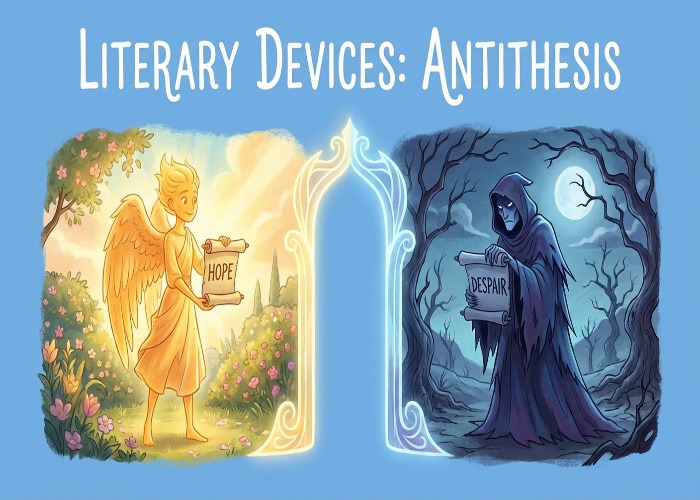
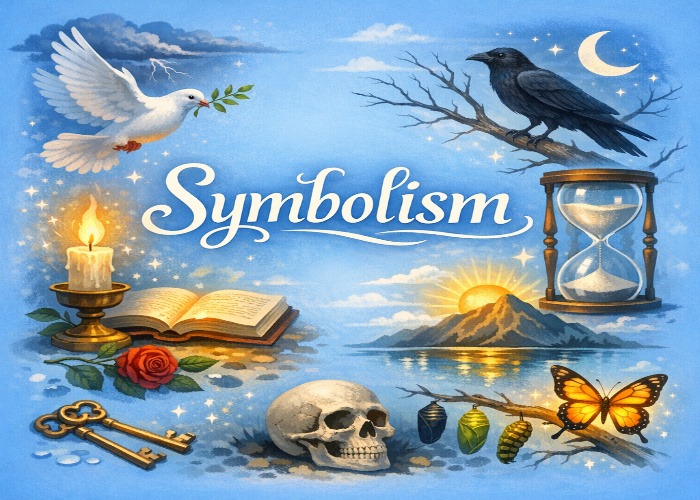
-20008.jpg)
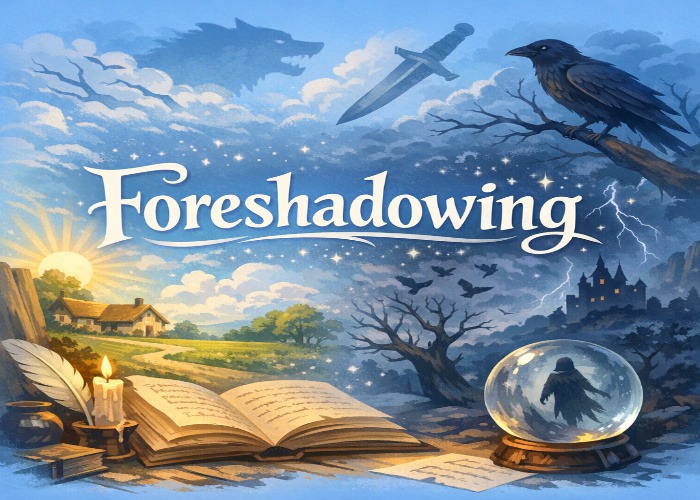
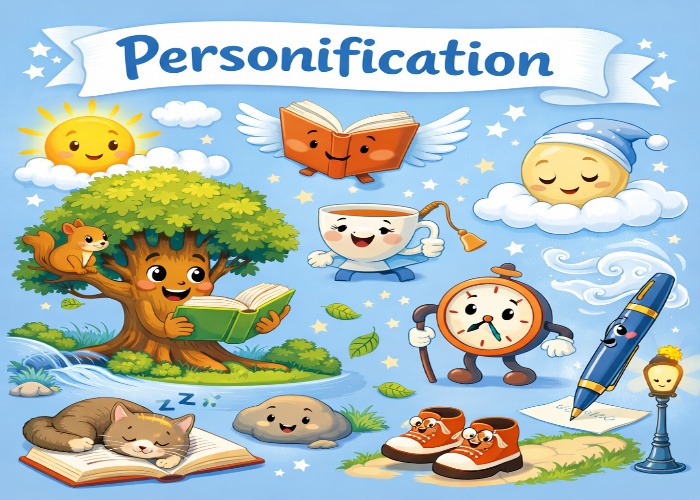
-20016.jpg)
